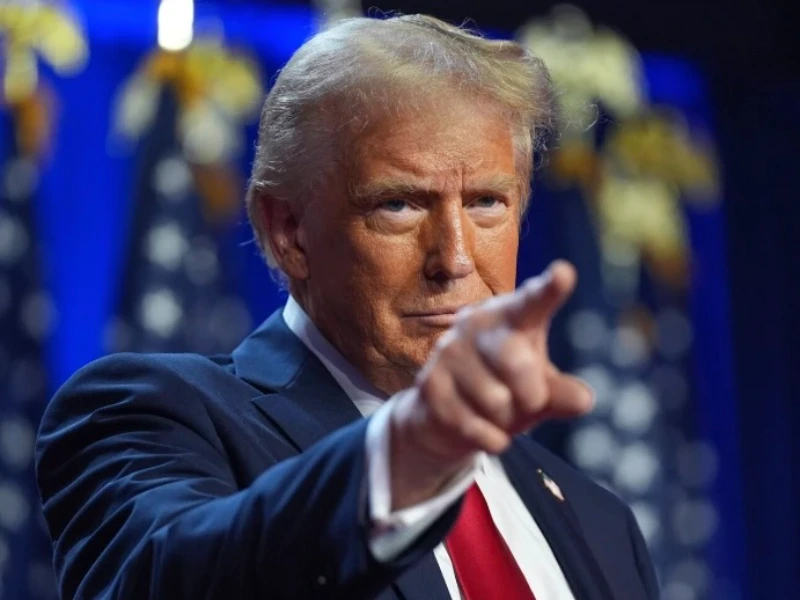- The AI Safety Institute is now the Centre for AI Standards and Innovation (CAISI).
- The change focuses on national security and innovation over safety.
What happened: Trump administration shifts AI focus from safety to national security and innovation
President Donald Trump has restructured the U.S. AI Safety Institute, originally established under the Biden administration. The institute, which aimed to develop safety measures for AI systems, is now renamed the Centre for AI Standards and Innovation (CAISI). This change was announced by Commerce Secretary Howard Lutnick on June 3, 2025.
CAISI will operate under the Department of Commerce, collaborating with federal agencies to evaluate AI systems, including those from foreign entities. The focus has shifted from broad AI safety concerns to addressing national security threats and reducing international regulation.
The rebranding aligns with the Trump administration’s broader agenda to promote American AI leadership and deregulation. The original AI Safety Institute had partnered with companies like OpenAI and Anthropic to develop safety guidelines. Under the new structure, the emphasis will be on assessing risks such as cybersecurity, biosecurity, and foreign AI influence.
Also read: Trump criticises CHIPS act in congress address
Also read: Trump announces escalating tariffs on imports
Why it’s important
The transformation of the AI Safety Institute into CAISI signifies a strategic shift in the U.S. government’s approach to artificial intelligence. By focusing on national security and innovation, the administration aims to bolster the country’s position in the global AI race. This move may influence how AI technologies are developed and regulated, both domestically and internationally.
The rebranding also reflects a departure from the previous administration’s emphasis on ethical considerations and broad safety measures. By prioritizing standards and innovation, the U.S. seeks to address specific threats while fostering technological advancement. This approach may impact collaborations with international partners and the development of global AI governance frameworks.
Furthermore, the shift may affect how AI companies operate, potentially leading to changes in compliance requirements and industry standards. As CAISI takes on its new role, its policies and evaluations will likely shape the future landscape of AI development and deployment in the United States.

